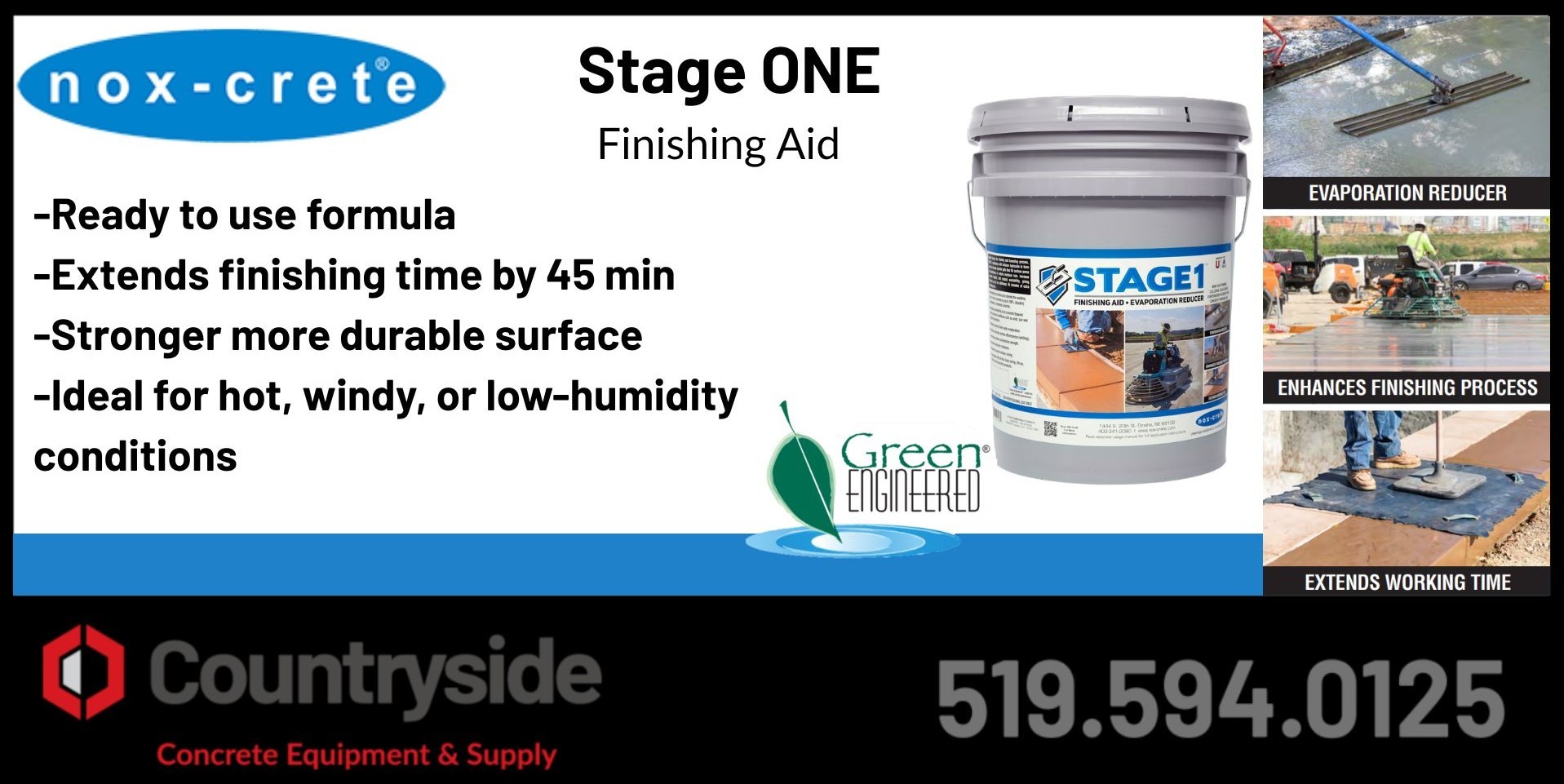Trowel Spin – January 2026
But as it turns out, nostalgia isn’t a strategy. Times are different
“It turns out that money isn’t power. Only power is power.”
As a kid I couldn’t possibly understand that even when I thought the authorities in my life were wrong, I was still perfectly accountable for my actions. Not just that, I was still expected to respect and obey them. And of course, in my case, more likely than not, they were in fact right.
But sometimes power is wrong. And when it is, often there isn’t much you can do about it. The semi- recent news has been juicy with the unravelling political romance of Trump and Musk. In its musings, it debates the ability of the world’s richest man to financially withstand if Trump cancelled government contracts with Musk’s companies. One article I read made this observation, “It turns out that money isn’t power. Only power is power.”
Only power is power.
In ancient biblical history the Israelites were being held slave to Egypt. They were rather mercilessly employed with mixing and baking bricks to build cities. One of the products required to build the bricks was straw, which the Egyptian overseers provided the slaves with. God had pity on his people and delegated Moses to go and negotiate with Pharoah to release Israel from slavery. Rather than letting them go, Pharoah’s response was to force the slaves work even harder. They now had to harvest their own straw, without reducing the daily tally of bricks required.
It was an impossible situation.
Perhaps this is how concrete finishers are feeling with the current intrusive phenomena of Type 1L cement. Type 1L is a relatively recently introduced cement where in place of traditional Portland cement, it is now a mixture with up to 15 percent inter-ground limestone. The righteous reason for this change was to meet green initiatives. Kilns exuding less emissions into the atmosphere. One can only suppose that the larger motivation was the extra money to be retained doing it.
Basically, what the added ground limestone means is that the Portland is significantly diluted with weaker cementitious materials. Which is further exacerbated when compounded with more cementitious replacements such as fly-ash or slag. These replacements are finer particles than traditional Portland, which means that there is a high possibility of reduced bleeding speed and compromised water/cement ratios in the surface paste of concrete slabs. All of this increases the chances of that horrid surface scaling.
Scientifically, and technically speaking, the composition of the new Type L1 cement is not inferior. Rather it has simply vastly reduced the level of forgiveness at the finisher’s disposal. In essence, like ancient Isreal, the finisher is told, keep making as many bricks as before, but find your own straw.
It’s like me, as a kid. The powers that be are right. And when they are wrong, they are still right, and there’s nothing I can do to change it.
As concrete finishers, it is extremely frustrating. We work hard, in a myriad of adverse conditions. And what worked for years, suddenly doesn’t. But even when we are willing to learn, it’s hard, because the answers seem to change, or worse, they are mutually antagonistic. It is the very un-concrete part of doing concrete.
I can think of 3 options. We can jump up and down and scream and shout. We can get out of the business, or we can learn everything we can about effectively finishing concrete mixed with L1 Cement, and deal with it.
I do not have the credentials to state best practices. But at the least I am safe to say, that what we have been told for the last 20 years matters more than it ever has.
Here are a few.
At the best of times, sometimes we win, sometimes we lose and sometimes we get rained out. The power we retain, is to be informed. And to do the best we can with that information.
So, until next month, finish your best, every day.


But as it turns out, nostalgia isn’t a strategy. Times are different
Our concrete division offers flatwork, formwork and foundation projects.
We have a full excavating fleet with dedicated operators, equipped for precision sitework.
Our supply division provides equipment sales, products and rentals for the concrete industry.